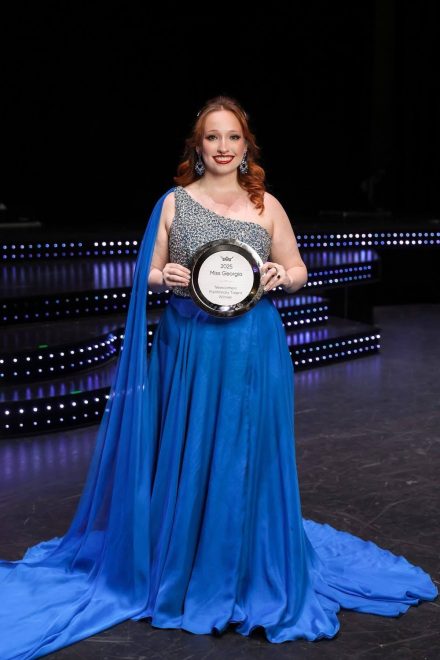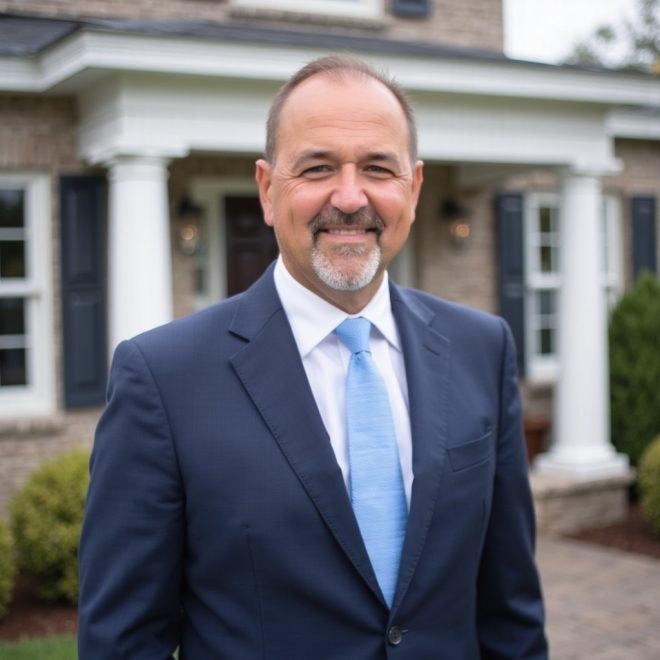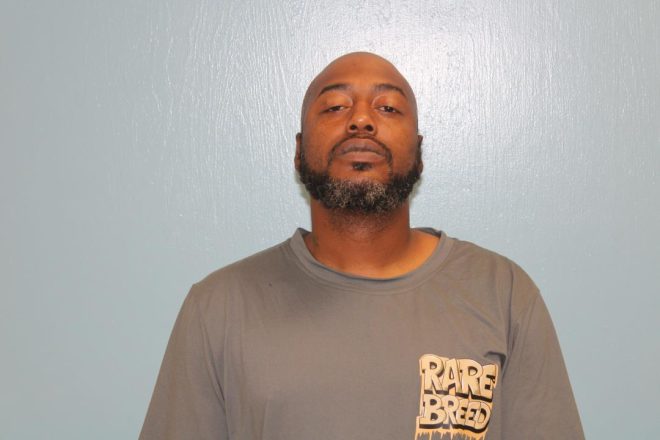No need to be judge, jury
Published 8:00 am Wednesday, September 6, 2017
Dear Editor,
Most Thomasvillians have been appalled at the statements attributed to a few in recent marches, yet we have been encouraged by the tone of some. And we are grateful that damage to the long term good of our citizens has, so far, not yet occurred. For this we thank God and those striving to be helpful. However, there is a price to be paid, which I will get to in a moment.
America, at its founding, elevated the laws we citizens make through our representatives to the position once held by a king, that is, the position of rulership over us. “We the People” have decided that, to achieve justice, one accused of a crime must stand trial in a court of law where they will be found innocent or guilty of crime by a jury of their fellow citizens and not on the street by public opinion as is being attempted in our fair city, where, without the presentation of evidence, pro and con, guilt is being declared (not only for the involved officers of the law but for an entire race as past faraway historical events are invoked ad infinitum), proving nothing about this place and this time.
Legal “justice” in America has a firm definition, which most assuredly does not compute with the sense it is being used today. It definitely does not mean that a group can decide what it wants and do its will against an individual, convicting and punishing them without trial. Webster’s Dictionary states justice is “reward or penalty as deserved … in the administration of law;” and it further implies “to treat fitly or fairly.” And it defines “fair” as “according to the rules.” So, one would wish “justice” would no longer be used in our fair city to bolster an argument for punishment of one who no evidence in a court of law has been presented and who no conviction (by that court) has been pronounced.
And “the price to be paid….” Martin Luther King Jr., whose memory has not been well served these past weeks, showcased it when he mentioned his hope for the day when his children would walk hand-in-hand with children of other races and be recognized for their character and not their race, implied that good will among all citizens is paramount to a civil society — one in which good manners oil the gears of discourse and living. To keep trying to drive a wedge between the races in Thomasville, instead of continuing a long-standing history of helpfulness, can only be destructive of what makes us truly “A (great) Place Apart.”
Jack Pope
Thomasville





